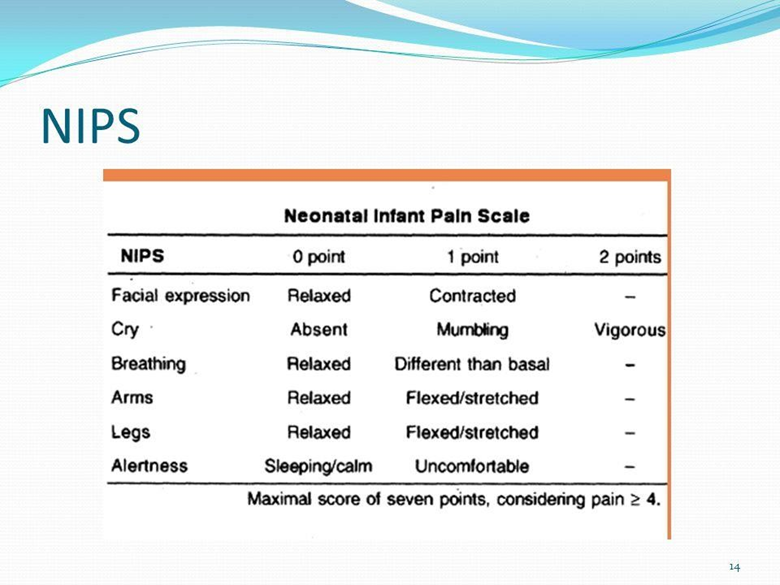A nurse is caring for a client who has Graves' disease and is experiencing a thyroid storm. Which of the following actions is the nurse's priority?
Provide a cooling blanket.
Monitor the client's cardiac rhythm.
Administer 0.9% sodium chloride IV.
Obtain the client's blood glucose.
The Correct Answer is B
A. While a cooling blanket may be indicated to reduce fever associated with a thyroid storm, the priority lies in monitoring the cardiac rhythm for potential life-threatening complications such as tachycardia or arrhythmias.
B. Thyroid storm can precipitate severe cardiac complications, making continuous monitoring of the client's cardiac rhythm imperative to detect any abnormalities promptly.
C. Administering IV fluids may be necessary to address dehydration, but it is not the priority over monitoring the cardiac rhythm.
D. While monitoring blood glucose levels is important, it is not the immediate priority in managing a thyroid storm.
Nursing Test Bank
Naxlex Comprehensive Predictor Exams
Related Questions
Correct Answer is B
Explanation
A. Skin integrity should be assessed more frequently, generally every 2 hours.
B. Continuous visual monitoring is required to ensure the safety and well-being of a client who is in mechanical restraints, to respond promptly to any distress or complications.
C. Restraints should be a last resort and not prescribed as needed.
D. The provider should evaluate the client sooner, typically within 1 hour of applying restraints.
Correct Answer is A
Explanation
A. The Neonatal Infant Pain Scale (NIPS) is commonly used to assess pain in newborns, particularly in the neonatal intensive care unit (NICU) setting. It evaluates specific indicators of pain, such as facial expression, crying, and breathing patterns.
B. The FACES pain rating scale is more commonly used in older children who can understand and communicate using a visual scale of faces depicting different levels of pain intensity.
C. Visual analog scales are typically used in older children and adults to rate pain intensity on a linear scale.
D. The Premature Infant Pain Profile is specifically designed for premature infants and evaluates physiological and behavioral indicators of pain.

Whether you are a student looking to ace your exams or a practicing nurse seeking to enhance your expertise , our nursing education contents will empower you with the confidence and competence to make a difference in the lives of patients and become a respected leader in the healthcare field.
Visit Naxlex, invest in your future and unlock endless possibilities with our unparalleled nursing education contents today
Report Wrong Answer on the Current Question
Do you disagree with the answer? If yes, what is your expected answer? Explain.
Kindly be descriptive with the issue you are facing.
